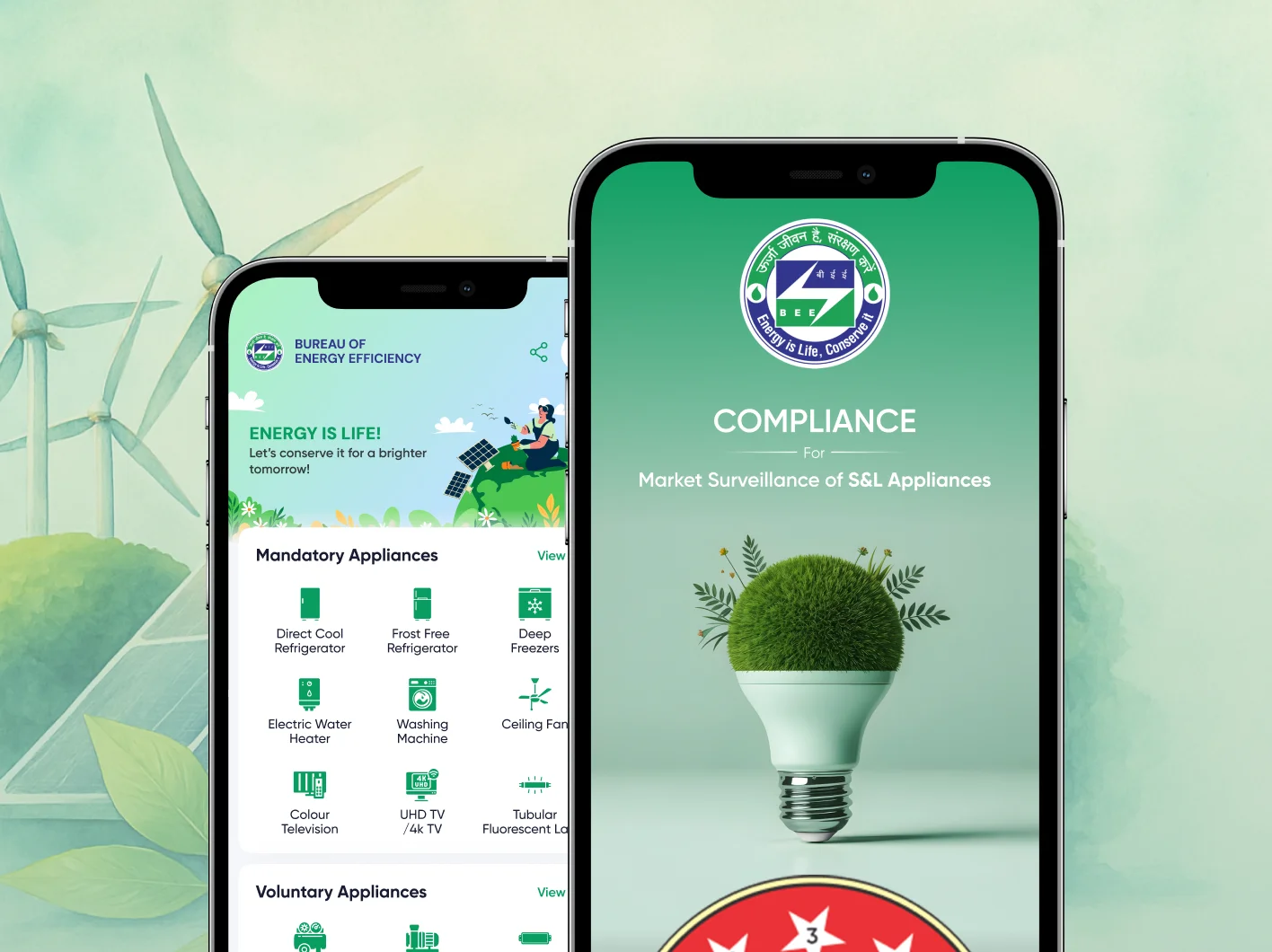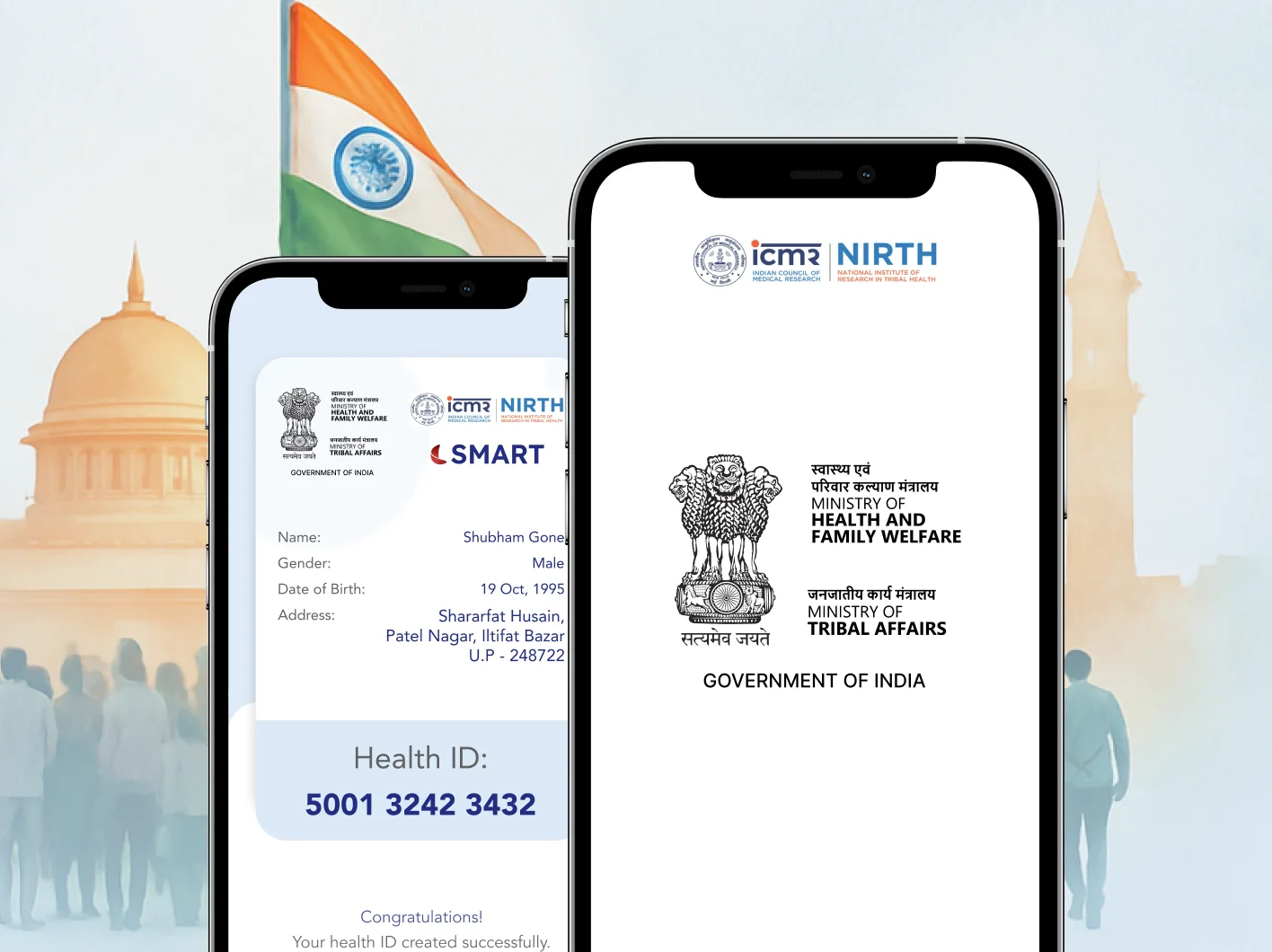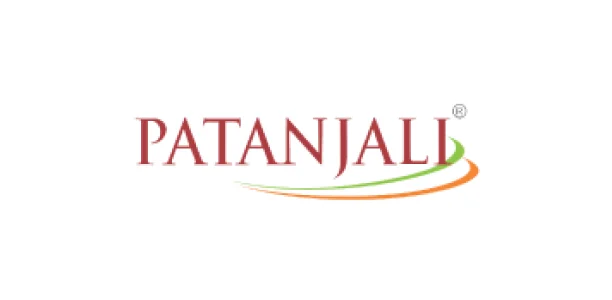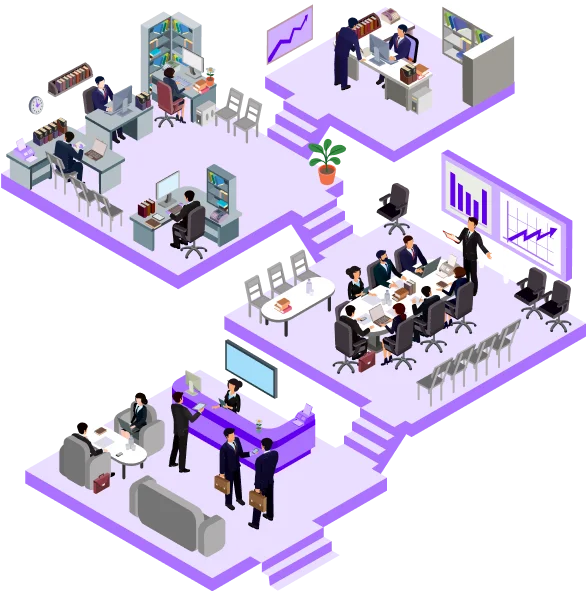Artificial intelligence is evolving at an unprecedented pace in 2025, with Large Language Models (LLMs) playing a crucial role in transforming industries. From automating workflows and enhancing business intelligence to revolutionizing customer interactions, AI-powered solutions have become indispensable for enterprises, startups, and researchers alike. As organizations increasingly integrate AI into their operations, the competition among LLMs has intensified, with three major models leading the race:
- ChatGPT (GPT-4o) – OpenAI’s latest conversational AI, widely adopted for business automation, content generation, and software development. Known for its superior text comprehension, coding capabilities, and enterprise-ready API integrations, ChatGPT has become a key player in AI-powered business solutions.
- Gemini 1.5 Pro – Google’s cutting-edge multimodal AI, designed to process text, images, videos, and real-time search queries. Its ability to access and analyze live data makes it ideal for research, creative content generation, and AI-driven knowledge management.
- DeepSeek AI – A fully open-source LLM that prioritizes customizability, privacy, and enterprise AI applications. Unlike proprietary models, DeepSeek AI allows developers and businesses to fine-tune and self-host AI solutions, making it an attractive option for organizations focused on data security, adaptability, and cost-efficiency.
With businesses relying more than ever on AI for productivity, decision-making, and automation, choosing the right LLM has become a critical strategic decision. While each model has its own strengths, their suitability depends on the specific needs of businesses, developers, and researchers.
As AI adoption accelerates, the key question remains: Which LLM will dominate in 2025? This blog explores a detailed comparison of ChatGPT, Gemini, and DeepSeek AI, analyzing their technical capabilities, infrastructure requirements, industry applications, cost-effectiveness, ethical considerations, and future trends to help businesses make an informed decision.
TECHNICAL FEATURE COMPARISON: DeepSeek AI vs ChatGPT vs Gemini
| Metric |
DeepSeek R1 (Latest) |
ChatGPT (GPT-4o) |
Gemini 1.5 Pro |
| Mathematics |
90% accuracy (surpasses GPT-4o) |
83% accuracy on advanced benchmarks |
85% accuracy with multimodal reasoning |
| Coding Proficiency |
97% success rate in logic puzzles |
Top-tier debugging (89th percentile on Codeforces) |
Good for general coding, lacks deep debugging |
| Reasoning Ability |
Reinforcement Learning (RL)-driven explanations |
Superior multi-step problem-solving |
Context-aware reasoning with real-time search |
| Multimodal Capabilities |
Text-only focus |
Supports text & image inputs |
Handles text, images, video, and voice |
| Context Window |
128K tokens |
200K tokens (Extended Mode) |
1M tokens (Extended Mode) |
| Training Data |
Multilingual datasets, open-source contributions |
Books, Wikipedia, coding repositories, research papers |
Google Search index, YouTube, academic papers |
| Real-Time Internet Access |
No  |
No  |
Yes  |
| Self-Hosting Option |
Yes (Can be deployed on private servers)  |
No  |
No  |
| API Availability |
Yes (Open-source API)  |
Yes (OpenAI API)  |
Yes (Google AI API)  |
| Fine-Tuning Ability |
Yes (Users can modify weights)  |
No  |
No  |
| Training Cost |
$10M - $50M (community-driven) |
$100M+ |
$200M+ |
Strengths and Weaknesses of Each LLM
DeepSeek AI: Strengths & Weaknesses
Strengths:
- Fully open-source, allowing custom AI development for businesses and researchers.
- Supports self-hosting, ensuring better data privacy compared to cloud-based models.
- High mathematical accuracy (90%), surpassing GPT-4o in complex calculations.
- Optimized for coding, achieving 97% accuracy in logic-based programming.
- Lightweight architecture, allowing deployment on consumer-grade GPUs like NVIDIA RTX 4090.
Weaknesses:
- No multimodal capabilities (limited to text-based tasks).
- No real-time web access, limiting its ability to provide live updates.
- Requires technical expertise for setup, deployment, and optimization.
ChatGPT (GPT-4o): Strengths & Weaknesses
Strengths:
- True multimodal AI, handling text, images, video, and voice.
- Real-time web access, making it superior for fact-checking & research.
- Largest context length (1M tokens), best for extended memory tasks.
Weaknesses:
- Still less accurate in coding and mathematics compared to DeepSeek & ChatGPT.
- Requires Google Cloud integration, increasing dependence on Google’s ecosystem.
- Higher API pricing, making it expensive for startups & SMBs.
How Businesses Can Use These AI Models
Healthcare
- Gemini: AI-powered diagnostics, real-time medical research.
- ChatGPT: Patient chatbots, automated medical transcription.
- DeepSeek AI: Custom AI for drug discovery and medical research.
Finance
- Gemini: AI-powered diagnostics, real-time medical research.
- ChatGPT: Patient chatbots, automated medical transcription.
- DeepSeek AI: Custom AI for drug discovery and medical research.
E‑Commerce
- ChatGPT & Gemini: AI-powered personalized recommendations & chatbots.
- DeepSeek AI: Self-hosted AI for customer sentiment analysis.
Software Development
- ChatGPT: Automated code generation, debugging tools.
- DeepSeek AI: Fine-tuned for logic puzzles and programming challenges.
COST & ROI COMPARISON: WHICH AI MODEL IS THE MOST Cost-Effective?
| Factor |
DeepSeek AI |
ChatGPT |
Gemini |
| API Pricing |
Free (self-hosted) |
Paid per token usage |
Google Cloud AI pricing |
| Total Cost of Ownership (TCO) |
Lower (one-time self-hosted setup) |
Higher (ongoing API costs) |
Expensive for enterprise |
| ROI Benefits |
High for businesses wanting privacy & customization |
Best for content automation & chatbots |
Great for real-time AI insights |
Training & Infrastructure REQUIREMENTS FOR THESE LLMS
What Kind of Hardware (GPUs, TPUs) Do These Models Require?
- Gemini: AI-powered diagnostics, real-time medical research.
- ChatGPT: Patient chatbots, automated medical transcription.
- DeepSeek AI: Custom AI for drug discovery and medical research.
Can Businesses Train Their Own Versions of These Models?
- Gemini: AI-powered diagnostics, real-time medical research.
- ChatGPT: Patient chatbots, automated medical transcription.
- DeepSeek AI: Custom AI for drug discovery and medical research.
Cost of Fine-Tuning or Deployment
| Model |
Fine-Tuning Cost |
Deployment Cost |
| DeepSeek AI |
$50K – $500K (varies by dataset size & compute resources) |
Can run on on-premise GPUs (~$20K setup cost) |
| ChatGPT |
Not available for fine-tuning |
Pay-as-you-go API pricing |
| Gemini |
Not available for fine-tuning |
Google Cloud-based subscription |
Software Development
- ChatGPT: Patient chatbots, automated medical transcription.
- DeepSeek AI: Custom AI for drug discovery and medical research.
Ethical CONCERNS & FUTURE CHALLENGES IN AI DEVELOPMENT
As AI becomes more integrated into businesses and everyday life, several ethical challenges and regulatory concerns are emerging. Organizations must navigate issues such as data privacy, AI bias, misinformation, and compliance with evolving government regulations.
Data Privacy Risks
One of the biggest concerns surrounding AI models is the way they collect, store, and process user data. Businesses handling sensitive information, such as financial records, healthcare data, and customer interactions, need AI solutions that prioritize data security and compliance.
- DeepSeek AI (Best for privacy) – Since DeepSeek AI is self-hosted, businesses have full control over their data and do not need to rely on third-party cloud providers. This makes it a suitable option for organizations that require on-premises AI deployment to comply with strict data protection laws.
- ChatGPT & Gemini – These models are cloud-based, meaning that user interactions are processed on external servers. While this enables real-time AI capabilities, it also raises concerns about data privacy, security breaches, and unauthorized access to sensitive information. Many enterprises worry about compliance risks when using AI solutions that store data in cloud environments, particularly in sectors like finance, government, and healthcare.
AI Bias & Misinformation
AI models are trained on vast datasets that may contain inherent biases, outdated information, or incorrect data. This can lead to misleading AI-generated responses, biased decision-making, and potential reputational risks for businesses that rely on AI-driven insights.
- ChatGPT & Gemini – These models can sometimes hallucinate facts or generate inaccurate responses, especially when dealing with complex queries or ethical dilemmas. Even though Gemini has real-time internet access, it can still retrieve biased or unverified information from unreliable sources.
- DeepSeek AI – Since it is open-source and allows fine-tuning, businesses can train it on carefully curated datasets to minimize bias and ensure outputs align with company policies, ethical guidelines, and industry standards. This gives organizations more control over how their AI models behave.
Government Regulations Impacting AI
As AI adoption grows, governments worldwide are introducing regulations to ensure responsible AI usage, data protection, and ethical AI governance. Businesses must adapt to these evolving legal frameworks to avoid compliance violations, legal penalties, and reputational damage.
- India’s DPDP Act, EU AI Act, and GDPR – These regulations impose strict data protection measures, requiring companies to disclose how AI models process personal data, ensure fairness, and provide transparency in AI-driven decision-making. Non-compliance can result in hefty fines and legal liabilities.
- Self-hosted AI (DeepSeek AI) may offer better compliance – Unlike cloud-based AI models that rely on external servers, DeepSeek AI allows businesses to store and process data on-premises, ensuring full control over sensitive information and compliance with regional data protection laws. This is particularly beneficial for organizations operating in countries with strict AI and data sovereignty laws.
The Future OF LLMS BEYOND 2025 - WHAT'S NEXT?
The Rise of AGI‑like General Intelligence
Unlike current LLMs, which specialize in predicting text and automating tasks, AGI will have the ability to think, learn, and make decisions independently across a wide range of topics.
- Next-generation AI models may move beyond pre-trained knowledge and develop self-learning capabilities, allowing them to improve over time without requiring human intervention.
- AGI-powered systems could understand context deeply, make complex decisions, and autonomously perform high-level reasoning tasks, making them useful in scientific research, medical diagnostics, and advanced problem-solving applications.
Quantum AI & Neuromorphic Computing
Advancements in quantum computing and neurosymbolic AI are expected to accelerate AI performance, improve accuracy, and enhance decision-making.
- Quantum AI could make LLMs 1,000 times faster than traditional models by utilizing quantum computing power to process vast amounts of data instantaneously. This would revolutionize fields like cryptography, financial modeling, and scientific simulations.
- Neurosymbolic AI aims to combine symbolic reasoning with deep learning, enabling AI to understand logic, causality, and structured problem-solving. This could make AI more explainable, ethical, and aligned with human reasoning patterns.
Will Open-Source AI (DeepSeek) Overtake Proprietary AI (ChatGPT & Gemini)?
As AI adoption grows, governments worldwide are introducing regulations to ensure responsible AI usage, data protection, and ethical AI governance. Businesses must adapt to these evolving legal frameworks to avoid compliance violations, legal penalties, and reputational damage.
- Many enterprises are shifting toward self-hosted AI models to ensure data privacy, reduce dependency on cloud providers, and customize AI for specific business needs.
- Open-source models like DeepSeek AI allow companies to fine-tune AI behavior, integrate it into their private infrastructure, and avoid API pricing limitations imposed by proprietary AI providers like OpenAI and Google.
- While proprietary models like ChatGPT and Gemini will continue to dominate the commercial AI market, the increasing demand for customizable and regulation-compliant AI solutions may lead to a surge in open-source AI adoption in the coming years.
CONCLUSION: WHICH LLM WILL DOMINATE IN 2025?
As AI continues to transform industries, the competition between DeepSeek AI, ChatGPT, and Gemini is shaping the future of automation, business intelligence, and research. Each model offers unique strengths, making them suitable for different applications.
DeepSeek AI is ideal for businesses that require customizable, privacy-focused AI with self-hosting and fine-tuning capabilities. It is a great choice for developers and enterprises looking for a cost-effective alternative to proprietary models.
ChatGPT excels in business automation, enterprise AI applications, and software development. With its superior text processing, enterprise-ready API integrations, and strong debugging capabilities, it remains the best choice for companies that need advanced NLP and AI-driven automation.
Gemini is the top choice for real-time web access and multimodal AI, offering the ability to process text, images, videos, and voice data. This makes it a strong contender for content creation, research-based industries, and AI-powered productivity tools.
Final Predictions for 2025
- ChatGPT will continue to dominate in business automation, enterprise AI applications, and software development.
- Gemini will gain traction in real-time AI search, multimodal content creation, and research-based industries.
- DeepSeek AI will rise in popularity among developers, researchers, and businesses looking for an open-source, privacy-centric AI solution.
Ultimately, choosing the right LLM depends on business needs and technical requirements. As AI adoption grows, we may see further advancements in open-source AI, quantum AI, and reasoning-driven models beyond 2025.
Want to integrate AI into your business? Contact Webority Technologies today for AI-powered solutions!
 12
12

 AI Systems Built for Production
AI Systems Built for Production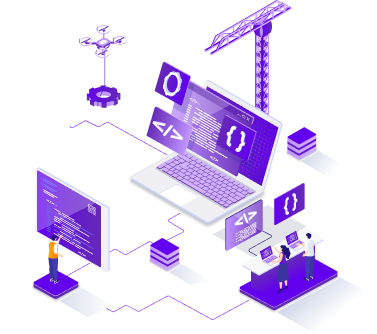 Enterprise-Ready AI Solutions
Enterprise-Ready AI Solutions
 SKILL ON DEMAND
SKILL ON DEMAND STRATEGY MEETS EXECUTION
STRATEGY MEETS EXECUTION AMPLIFY YOUR REACH
AMPLIFY YOUR REACH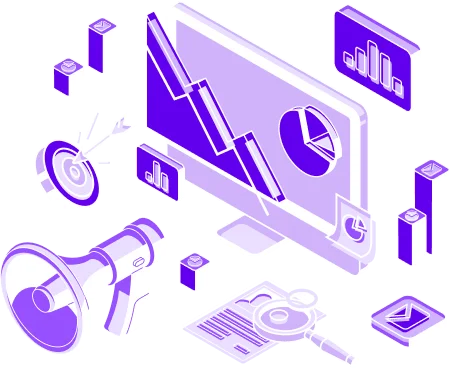
 HEALTHCARE BEYOND BOUNDARIES
HEALTHCARE BEYOND BOUNDARIES SMART LEARNING TRANSFORMATION
SMART LEARNING TRANSFORMATION ENGAGING EXPERIENCES, ANYWHERE
ENGAGING EXPERIENCES, ANYWHERE MOBILITY MADE EFFICIENT
MOBILITY MADE EFFICIENT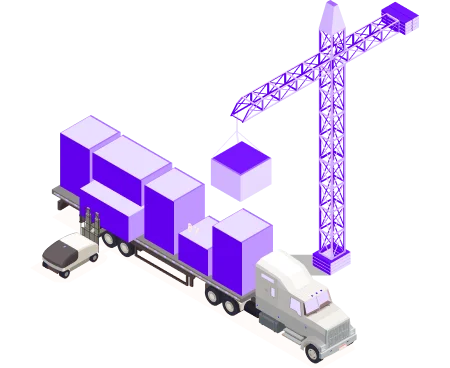 POWERING DIGITAL COMMERCE
POWERING DIGITAL COMMERCE

